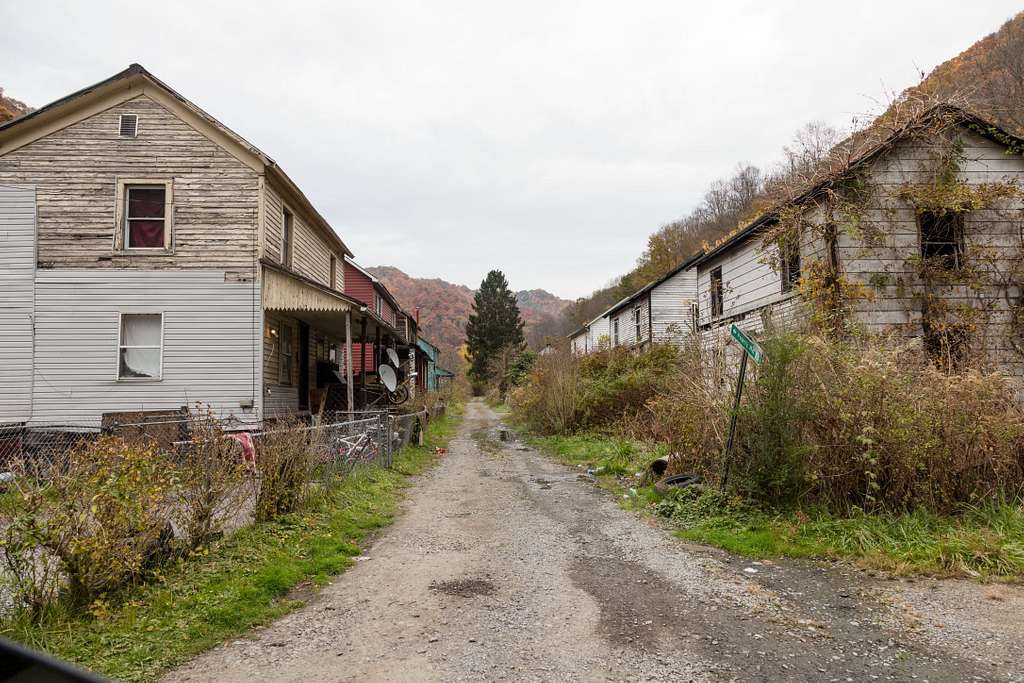Living Conditions in US Echo Developing Nations as Democracy Fades

Summary:
- The United States, renowned as a beacon of wealth and democracy, is displaying deep-rooted cracks with sections of its populace living conditions analogous to those in developing countries.
- The nation’s democratic values are also being challenged, as it descends in the global rankings relative to other advanced economies.
- Experts point to a concoction of societal factors, economic policies, and governmental actions as the root causes of these concerning trends.
- Urgent, multifaceted policy measures are called for to rectify these disparities and reverse the country’s worrying trajectory.
Fraying Living Standards: When the American Dream Fades
In the United States, the lustrous veneer of prosperity is starting to show cracks, as sections of the population grapple with a sobering reality — living conditions eerily similar to those experienced in developing nations. Areas across the country, including Appalachia, South Texas, and the Cotton Belt in the South, have been termed “internal colonies.” Residents of these regions contend with stark disadvantages reminiscent of less developed corners of the globe.
A comprehensive examination of these zones of distress in the book “The Injustice of Place” unveils the presence of deep-seated societal issues — rampant poverty, lack of access to quality healthcare, education disparities, and crumbling infrastructure. Co-author of the book, Kathryn J. Edin, commented, “These places look like colonies — colonies within the United States. It is not merely about the income inequality; it’s about an entire gamut of life’s prospects.”
According to the researchers, these internal colonies are not the result of some natural, inevitable economic evolution but rather the consequence of deliberate policy decisions. The failure of successive governments to address deep-seated societal and economic issues has left these regions in a state of profound neglect. This has led to a growing chasm in living standards between these regions and more prosperous areas of the country, evoking stark similarities with developing nations.
Democracy in Peril: The Unsettling Global Shift
Equally alarming is the United States’ slide in global rankings that assess the health of democratic norms and institutions. Long regarded as a paragon of democracy, the U.S. finds itself slipping, now ranking 35th in the Global Democracy Index. This decline is not occurring in isolation but is intertwined with the worsening living conditions within its borders.
“When you have regions within a nation where people are living conditions comparable to those in developing nations, it’s a red flag for the health of democracy,” Edin noted. This condition of internal colonies paints a troubling picture of a nation at odds with its democratic ideals. A functioning democracy is predicated on providing all its citizens with equal opportunities and living standards, which clearly is not the case in these regions.
Charting a New Course: Preserving the Promise of America
The challenges facing the United States — the widening gap in living standards and the erosion of democratic norms — are undeniably daunting. However, they are not insurmountable. Researchers and policymakers suggest a blend of policy measures designed to address the root causes of these issues.
“We need to invest in education, public infrastructure, and ensure that our institutions are free of corruption,” Edin urged. “We cannot allow fear of dependency or stereotypes about poverty to obstruct necessary changes.”
America’s future hinges on recognizing these growing disparities and taking concerted action to address them. It is a monumental task, but it’s one the country must undertake to preserve the integrity of its democratic ideals and ensure a decent standard of living for all its citizens.
The Conversation Read more here
CBS News Read more here

